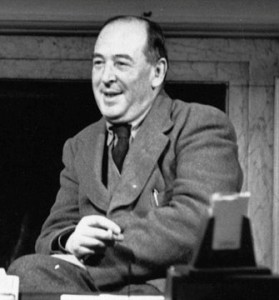 I am in the midst of the last proofreading of the forthcoming book, Forgotten Songs: Reclaiming the Psalms for Christian Worship and am really enjoying the essays even though I’ve been through them several times already. In Jack Collins’ essay on the liturgical purpose of the Psalms in their Old Testament context he helpfully discusses the value of the rhetoric of the Psalms.
I am in the midst of the last proofreading of the forthcoming book, Forgotten Songs: Reclaiming the Psalms for Christian Worship and am really enjoying the essays even though I’ve been through them several times already. In Jack Collins’ essay on the liturgical purpose of the Psalms in their Old Testament context he helpfully discusses the value of the rhetoric of the Psalms.
In that context he quotes C. S. Lewis
The proper use [of rhetoric that shapes the emotions] is lawful and necessary because, as Aristotle points out, intellect of itself ‘moves nothing’: the transition from thinking to doing, in nearly all men at nearly all moments, needs to be assisted by appropriate states of feeling. [1]
Collins uses this quote about the Psalms, but the quote is also helpful when thinking of preaching. In my tradition many are quite familiar with overblown rhetoric which really gets in the way- all heat and no light, more bluster than Bible, windy but not winsome, lacking in wisdom. In response to this abuse, some swing to the other side carefully avoiding emotion, or any rhetorical effort, etc. This can be light which gives no heat, truth that doesn’t touch, doctrine without delight.
Lewis’s summary here is quite helpful. “Intellect of itself ‘moves nothing.’ Proper preaching must begin with truth and then seek to elicit ‘states of feeling’ appropriate to this truth. Light properly producing heat. Effective preaching must be affective.”
And, to come full circle, the Psalms can help us here.
[1]C. S. Lewis, Preface to Paradise Lost (Oxford: Oxford University Press, 1942), 52. Lewis is alluding to Aristotle’s Nicomachean Ethics, VI.ii.5.